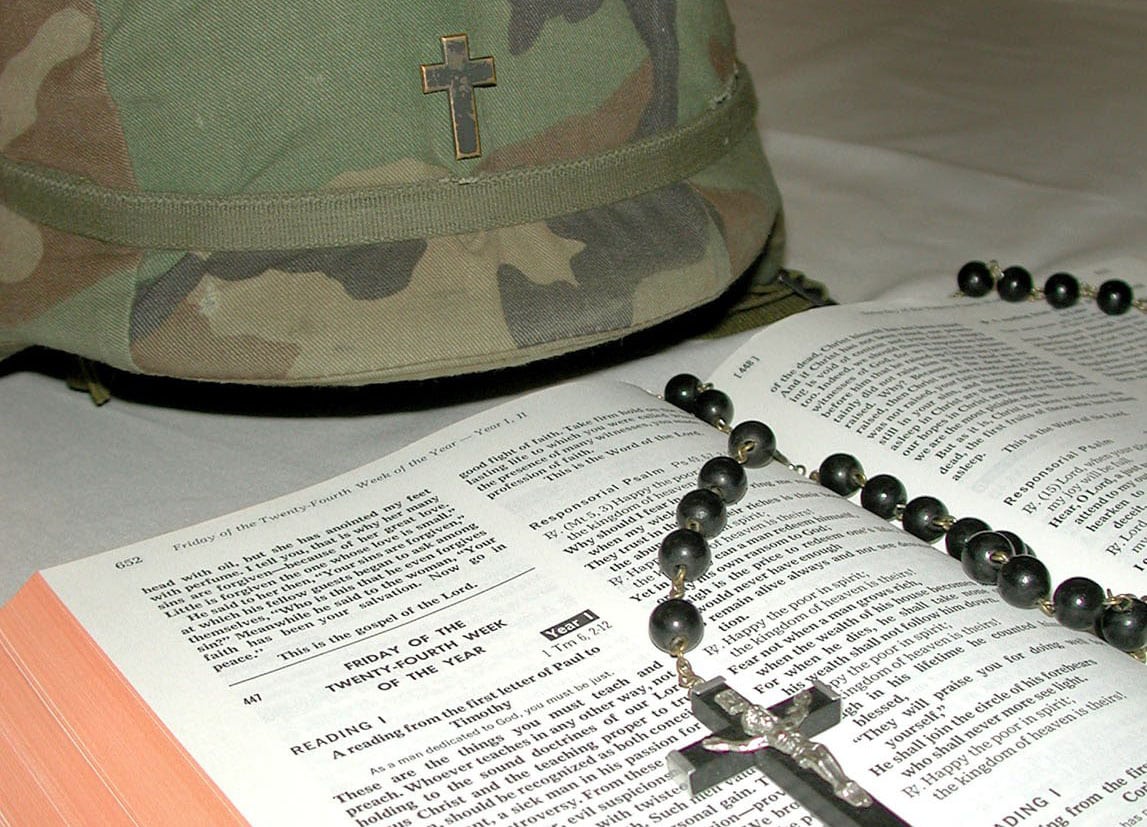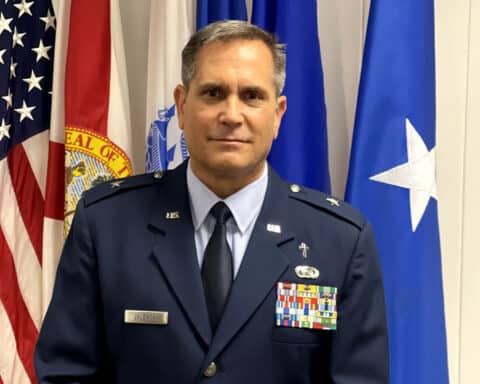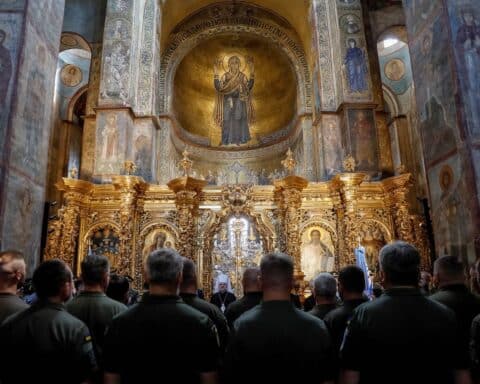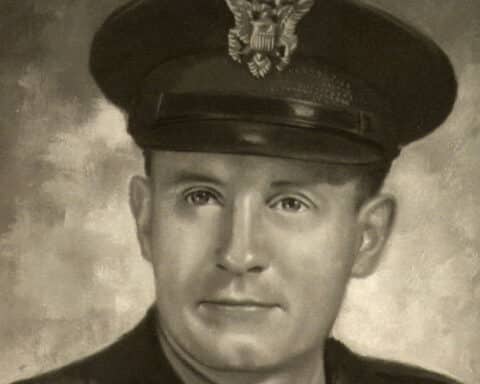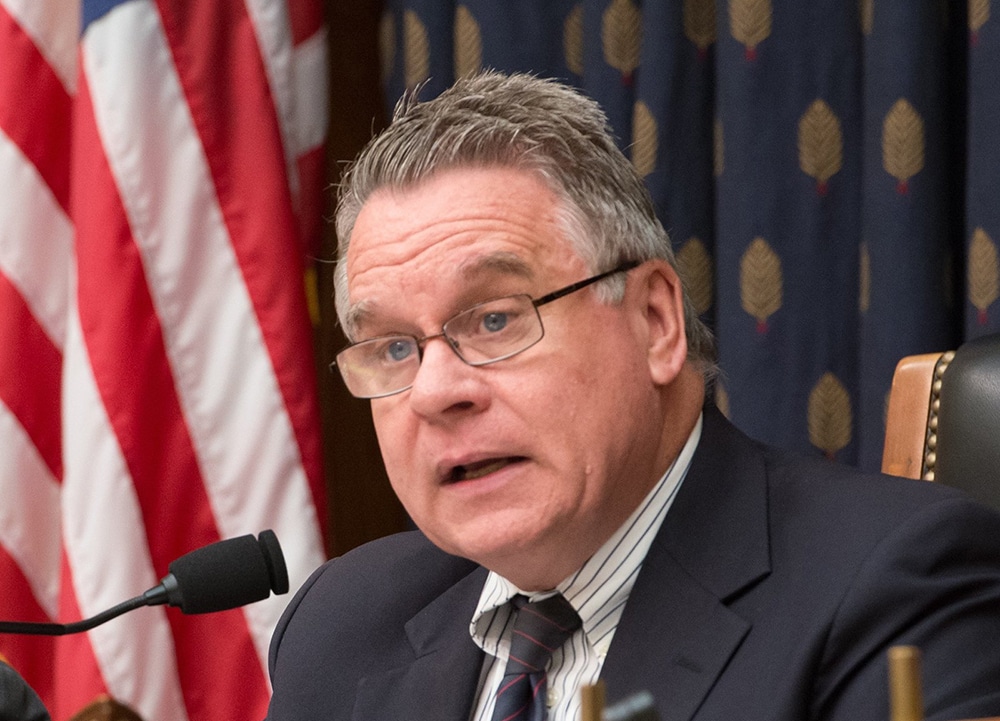Among American Catholics, indeed among American Catholic priests, are heroes too often unsung: the military chaplains.
Through two centuries of warfare and peacekeeping, Catholic priests serving as chaplains in the armed services have been a lifeline for the enlisted, inevitably far from home, lonely and in harm’s way. Because of chaplains, they have found strength and consolation in their religion.
While religious chaplains have served in the military since the Revolution, priests did not become part of the group, at least not in any number, until the Mexican War, waged between 1846 and 1848, not surprisingly. Anti-Catholicism was strong, at times vicious, in the military as in every sector of American society.
The military’s Catholic problem
In all conflicts, immigrants have volunteered for service in high numbers to prove their loyalty to their new country. When war with Mexico erupted, many Irish immigrants enlisted, all men at that time.
These Irish-Americans found something new and appealing when they were part of the forces that marched into Mexico. They found a Catholic culture. They found many Catholics and many Catholic churches. They were tempted to go into the churches to attend Masses. This was a problem.
It exposed them to being accused of fraternizing with the enemy. Fearing that one thing could lead to another, the American government knew that it too had a problem.
President James K. Polk, a Presbyterian, but not unfriendly to Catholics, ordered the army to recruit priests as chaplains. Once in service, these new chaplains celebrated Mass and mixed with the Catholic soldiers as one of them.
When the Civil War came, Catholic chaplains were a fact. For example, Notre Dame University prominently displays on campus the statue of one of its professors, a priest, who was at Gettysburg.
Casualties in the Civil War were fearfully many, but only one chaplain of any denomination on either side died in action: Father Emmeran Bliemel, a Benedictine from St. Vincent’s abbey, now archabbey, in Pennsylvania. Interestingly, he served in the Confederate army.
Fluent in German, he came South to serve a parish of German immigrants in Nashville. When Tennessee left the Union and joined the Confederacy, many of his parishioners enlisted in the Confederate army. Father Bliemel followed them as their priest.
During the Battle of Jonesboro, Georgia, he saw a Confederate soldier, a Catholic, fall before federal gunfire. Father Bliemel rushed to the soldier’s side. Another federal shot took the priest’s life.
Battlefield saints
Two Catholic chaplains are presently candidates for canonization.
Father Emil Kapaun, a priest of the Wichita diocese, was a chaplain during the Korean War. North Korean Communist forces overwhelmed his unit. All the Americans were captured. They were held in the most wretched of conditions. For them all, Catholic, or not, Father Kapaun was the only source of consolation. He cared for them when they were sick. He shared his meager rations with them. He reassured them. He spoke of forbearance and hope. He was with them when they died. Finally, he took sick himself. Without treatment, he died.
Father Vincent Capodanno, a Maryknoll priest from New York, was a chaplain in Vietnam. He went into combat with his men so that if they were wounded he could be with them. Enemy fire took him down.
Priests were on Flanders fields, at Guadalcanal, Normandy, and in Kuwait and Afghanistan. Over the years, four priests have received the Congressional Medal of Honor, given to recognize exceptional bravery. The Navy has named four ships after courageous priests who were chaplains. Even in peacetime, their lives can be trying.
Countless soldiers, flyers and sailors have treasured their presence. For all Catholics, chaplains have provided vivid testaments to the purpose of priestly vocations and to the need for, and great reward of, holding the Faith.
Chaplains still serve, bringing the comfort of Christ to men and women who defend the country, often in circumstances not ideal. God be with them.

